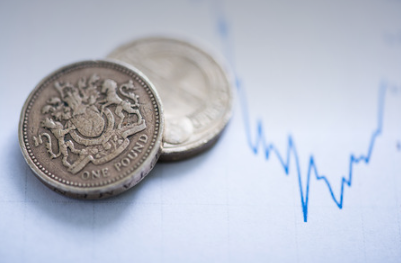Core CPI also up to 3.8%
The UK Consumer Prices Index (CPI) rose to 3.8% in the 12 months up to July 2025, according to data from the Office for National Statistics (ONS), up from 3.6% in June.
This figure exceeded market forecasts, as economists surveyed by Reuters had anticipated a 3.7% figure instead.
Core CPI rose by 3.8% year on year in July, up from 3.7% a month earlier, while the CPI services annual rate was up from 4.7% in June to 5% last month.
According to ONS, transport, particularly air fares, was the largest contributor to the monthly upswing in both Consumer Prices Indices including owner occupiers’ housing costs (CPIH) and CPI annual rates.
The latest bout in inflation data complicates the path of interest rates, said Quilter investment strategist Lindsay James, who added: “With the Bank of England now forecasting inflation to peak at 4%, before falling back, there is considerable pain yet to come for consumers at a time when economic weakness in the UK is becoming further exposed.”
Added to this is a weakening in the labour market, with data from June revealing that the number of pay-rolled employees in the UK fell by 149,000 over the previous 12 months.
Nutmeg investment strategist Scott Gardner noted that while “most of the focus” is now on the UK jobs market, “this bout of sticky inflation is making a fourth rate cut this year harder for the Bank of England to justify”.
“The Bank is clearly having to tread carefully, and will perhaps have to be even more cautious in the future, as inflation remains persistent,” Gardner said. “Inflation edging closer to 4% does not make future decisions any easier.”
He added that future rates will make for a “tough reading”, as UK CPI is expected to “peak at 4%” in the coming months, “meaning businesses and consumers will pay more”.
“UK consumers are increasingly being squeezed by rising food prices which is putting pressure on household budgets and leading many to cut back,” Gardner said. “That said, cheaper energy and lower petrol prices are providing some relief.”
Aberdeen deputy chief economist Luke Bartholomew also argued that the outlook for BoE’s rate cuts looks “more uncertain” now, following ONS’ latest release.
“We continue to expect another cut in November, but the risk of a more sustained pause in the cutting cycle has increased,” Bartholomew explained.
Sorin Dojan ProfessionalAdviser

